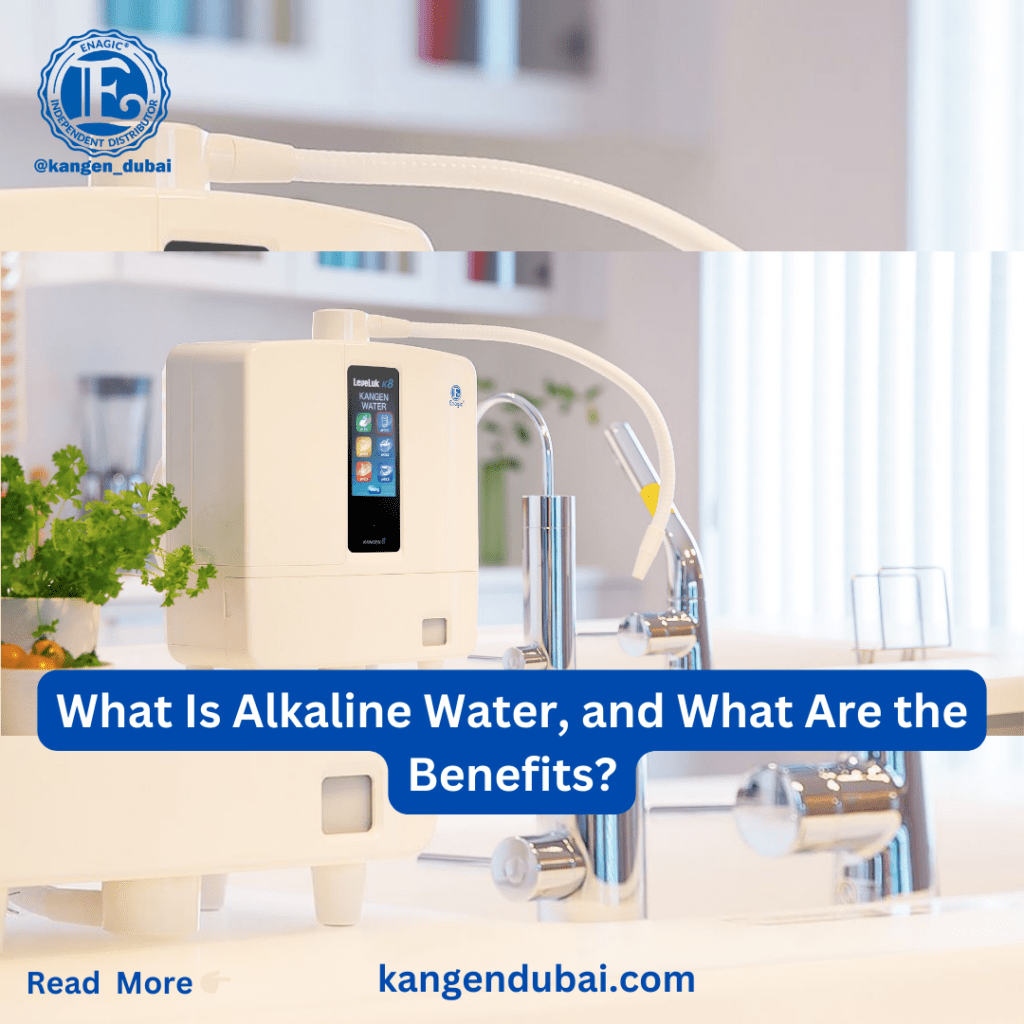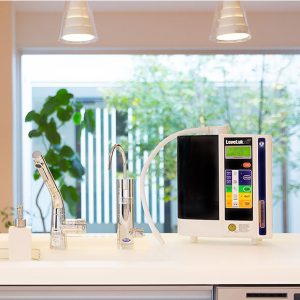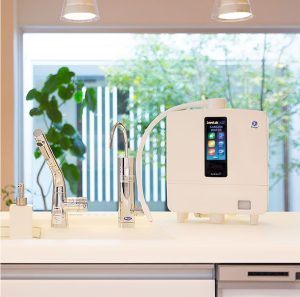Alkaline Water: Benefits, Myths, and Facts
Alkaline water is known for being slightly less acidic than standard drinking water and is enriched with essential alkaline minerals. Many proponents believe it can aid in balancing pH levels, slow the aging process, and even help prevent chronic illnesses like cancer.
However, it’s important to understand that dietary choices, including consuming alkaline water, do not significantly alter the pH of your blood. Your lungs and kidneys naturally regulate pH levels, maintaining a strict range of 7.35-7.45, which is essential for healthy bodily functions.
So, is alkaline water worth drinking, and do the health claims surrounding it have scientific backing?
What Is Alkaline Water?
The term “alkaline” in alkaline water refers to its pH level. The pH scale ranges from 0 to 14, with lower values indicating acidity and higher values indicating alkalinity. For instance, a substance with a pH of 1 is highly acidic, whereas a pH of 13 is strongly alkaline.
The pH level of alkaline water is determined by the presence of alkaline minerals such as calcium, magnesium, potassium, and iron.
Alkaline Water vs. Regular Water
Alkaline water differs from regular drinking water in terms of pH levels. While standard drinking water typically has a neutral pH of around 7, alkaline water generally falls within the pH range of 8 to 9. Some supporters claim that it helps neutralize acidity in the body, but scientific research has not confirmed this.
However, a higher pH alone does not provide significant health benefits. For water to be truly alkaline, it must contain alkaline minerals and possess a negative oxidation-reduction potential (ORP). ORP measures water’s ability to act as an antioxidant; the more negative the ORP value, the stronger its antioxidant potential.
Potential Health Benefits of Alkaline Water
The health benefits of alkaline water remain a topic of debate. While some experts argue there isn’t enough research to support the claims made by users and marketers, a few studies have suggested possible advantages:
- A 2020 study on mice indicated that regular intake of alkaline water positively influenced DNA aging markers.
- A 2018 study in Japan found that alkaline electrolyzed water slightly improved digestion and stool consistency in 60 participants.
- A 2021 study suggested that consuming alkaline water may help increase bone density in postmenopausal individuals with osteoporosis.
Despite these findings, further large-scale human studies are needed to verify these effects.
Are There Any Side Effects?
Drinking alkaline water is generally considered safe, with no widely documented adverse effects.
Even though alkaline water has a different pH level than standard drinking water, the body compensates by producing hydrochloric acid in the stomach, maintaining overall pH balance through natural homeostasis mechanisms.
Is Alkaline Water Naturally Occurring or Artificial?
Natural alkaline water is typically sourced from springs or underground streams, where it absorbs minerals from rocks, increasing its alkalinity.
However, most commercially available alkaline water is artificially enhanced through a process called electrolysis. This involves using an ionizer to separate acidic and alkaline molecules in water. The acidic component is removed, leaving behind water with a higher pH.
While manufacturers claim this process provides health benefits, some experts question its effectiveness due to the lack of strong scientific evidence. Additionally, water quality before ionization plays a crucial role in determining whether contaminants are present.
For better purity, some scientists recommend reverse osmosis filtration before ionization to ensure that impurities are removed while raising pH and mineral content.
Potential Risks of Drinking Artificial Alkaline Water
Although alkaline water is generally safe, consuming artificially ionized alkaline water may present some health concerns:
- Hyperkalemia Risk: Regularly drinking water with a pH above 9.8 could lead to high potassium levels (hyperkalemia), which may cause health complications.
- Interference with Nutrient Absorption: Some reports suggest that artificially ionized water may impact the absorption of essential vitamins and minerals.
- Mucosal Lining Damage: Drinking highly alkaline water in excess might affect the mucosal lining of the digestive tract and lead to excessive thirst.
- Growth and Development Issues: In extreme cases, it has been suggested that highly alkaline water may hinder growth and deplete nutrients in the body.
Where Can You Find Alkaline Water?
Alkaline water is widely available in grocery stores, health food stores, and online retailers. Additionally, water ionizers, which artificially raise pH levels, are sold in major retail outlets.
For those who prefer making alkaline water at home, adding pH drops or baking soda to water can also increase its alkalinity.
If the water is properly filtered, ionized, and remineralized, or sourced from a reliable natural supplier, there is no known restriction on how much alkaline water can be safely consumed daily.
Frequently Asked Questions
1. Is alkaline water truly beneficial for health?
Alkaline water is slightly less acidic than regular water and contains essential minerals. While it is generally safe to drink, current research does not fully validate the many health claims associated with it.
2. What are the pros and cons of drinking alkaline water?
Potential benefits include an increase in essential minerals and potential support for specific health conditions. However, the lack of solid research, possible nutrient absorption issues, and long-term safety concerns remain drawbacks.
3. Who should avoid drinking alkaline water?
Individuals with kidney disease or impaired kidney function should consult a doctor before drinking alkaline water, especially if it has been artificially ionized.
Final Thoughts
The primary concern among health professionals regarding alkaline water is not its safety but the marketing claims made about its benefits.
While preliminary research suggests possible advantages, there is currently insufficient scientific evidence to confirm that alkaline water is an effective treatment for any medical condition. Experts caution against believing all promotional claims.
Drinking naturally occurring alkaline water is considered safe because it contains essential minerals. However, artificially ionized water may not provide the same benefits and could even contain contaminants, making quality filtration crucial. More research is needed to fully understand its impact on health.





